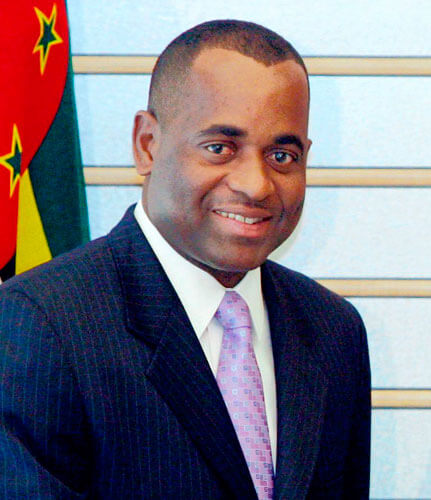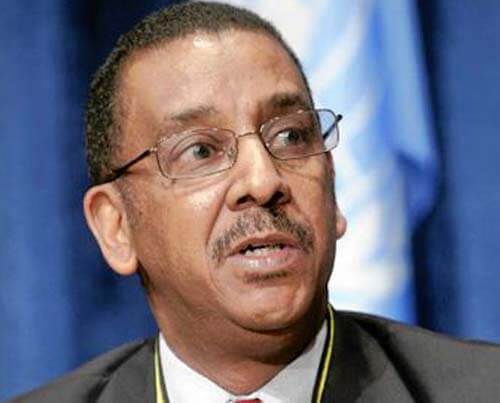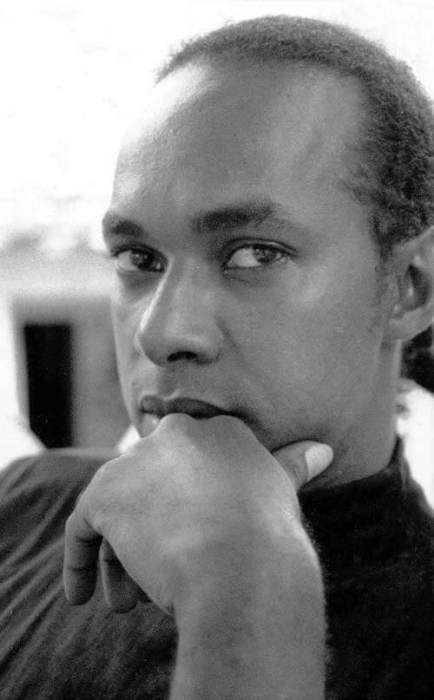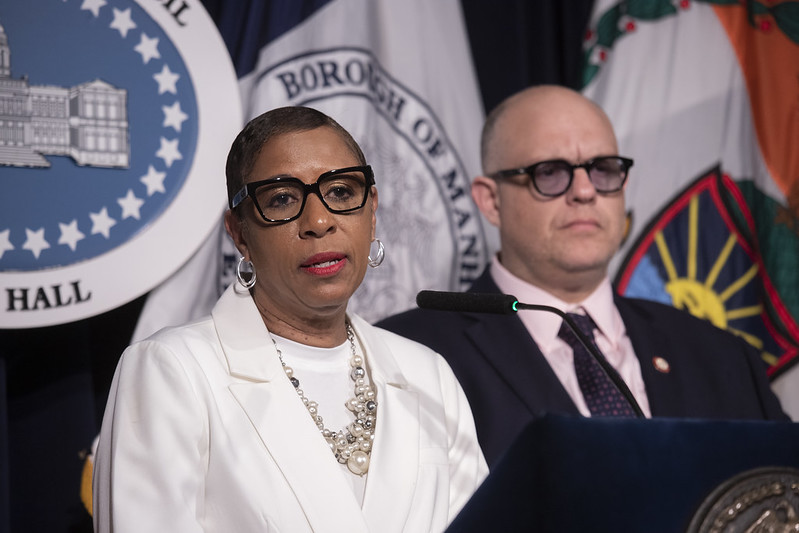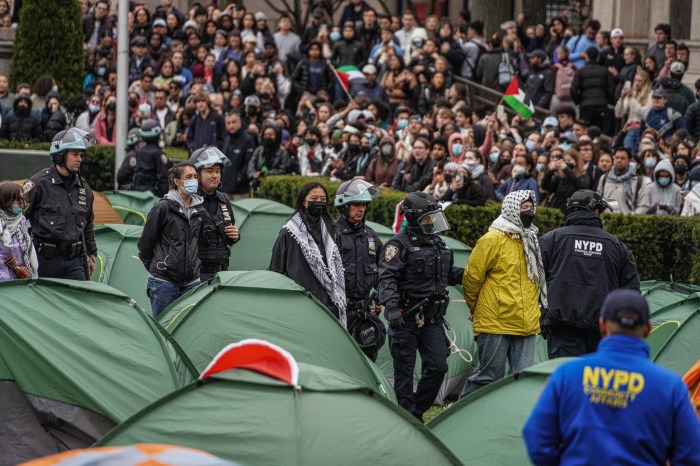The incumbent Dominica Labor Party (DLP) of Prime Minister Roosevelt Skerrit regained power in general elections on Monday, winning 15 of the 21 seats in Parliament.
The main opposition United Workers Party (UWP), led by Lennox Linton, won the remaining six seats, an increase of three over the last general elections in 2010. Linton was elected to Parliament for the very first time.
It was the third consecutive victory for Skerrit, 42, who was first sworn into office on Jan. 8, 2004 on the death of Prime Minister Pierre Charles. Skerrit remains the youngest prime minister in the Caribbean.
“I am humbled by the overwhelming response of the electorate of Dominica to our appeal for the mandate to continue to govern Dominica for another five years,” said Skerrit in his victory speech, broadcast nationally, on Monday night.
He also congratulated Linton for his success at the polls, noting “numerically speaking, there will be a stronger opposition in Parliament.
“I accept the will and verdict of the people,” added Skerrit, who was sworn into office on Tuesday. He said the rest of his Cabinet will take the oath on Saturday.
The prime minister lauded the electorate for “conducting themselves properly throughout the campaign and minimizing the incident of violence and destruction.
“I congratulate you all for demonstrating to the world that Dominica is now a mature democracy,” he said. “I thank you for showing, in the Commonwealth of Dominica, (that) common sense has triumphed over propaganda and the appeal to raw emotion.”
In his new term, Skerrit promised “more resources” to wipe out “poverty and ignorance from the island of Dominica.”
“The best is yet to come,” he affirmed, stating that Dominicans have benefited from “at least one of the economic and social policies and programs we have introduced during the past 14 years.
“I am sure that this is your way of showing gratitude,” he said. “That is why you have decided to give us a new mandate to continue to deliver the many realistic promises we made to you in the manifesto.”
Skerrit urged nationals to put aside political differences “and pull together to make Dominica one of the best places in the region to live, to work, to study, to do business, to visit and to enjoy life.
“Never forget we are all Dominicans and that I get up every morning knowing that I am the prime minister of one Dominica,” he said.
Meantime, the Electoral Observation Mission of the Organization of American States (OAS/EOM) in Dominica, led by the OAS Secretary for Multidimensional Security, Adam Blackwell, congratulated Skerrit and nationals of Dominica for “exercising their civic-minded spirit in a very orderly and respectful manner on Election Day.”
On Election Day, the OAS said members of the delegation visited the country’s 21 constituencies, and observed the voting process from the opening of the polls to the transmission of the preliminary results.
It said observers noted that the polling stations opened on time, were adequately staffed and fully equipped with all of the materials required for the election.
The mission highlights the professional and deliberate conduct of the poll workers, who were “very well trained and facilitated the voting process for the electorate.”
In addition, the mission emphasized the “commitment of voters, who waited calmly and patiently, in some cases in long lines, to exercise their franchise.”
“The OAS/EOM supports the introduction of new translucent ballot boxes and additional security measures to safeguard the votes and strengthen the transparency of the electoral process,” the statement said.
The mission noted that “there is a consensus across party lines and Dominican society that a voter identification system should be implemented, but insufficient action has been taken on this issue.”
During the electoral campaign, the OAS delegation said it heard allegations of travel assistance being provided to Dominicans living abroad to return to vote for particular parties.
“While the Mission cannot verify these allegations, it encourages the political actors presenting these claims to provide documentary evidence to the appropriate authorities for further investigation,” it said.
“All actors with whom the mission met indicated that campaigns have become increasingly expensive,” it added. “Claims were also received regarding the potential use of state resources for electoral campaigns, leading to suggestions of an ‘uneven playing field’ among political contenders.”
The OAS/EOM noted that Dominica does not have campaign financing laws, reiterating the need to consider legislation on political campaign financing.
“This will represent a significant step to ensuring equity and transparency in the electoral process,” it said.


